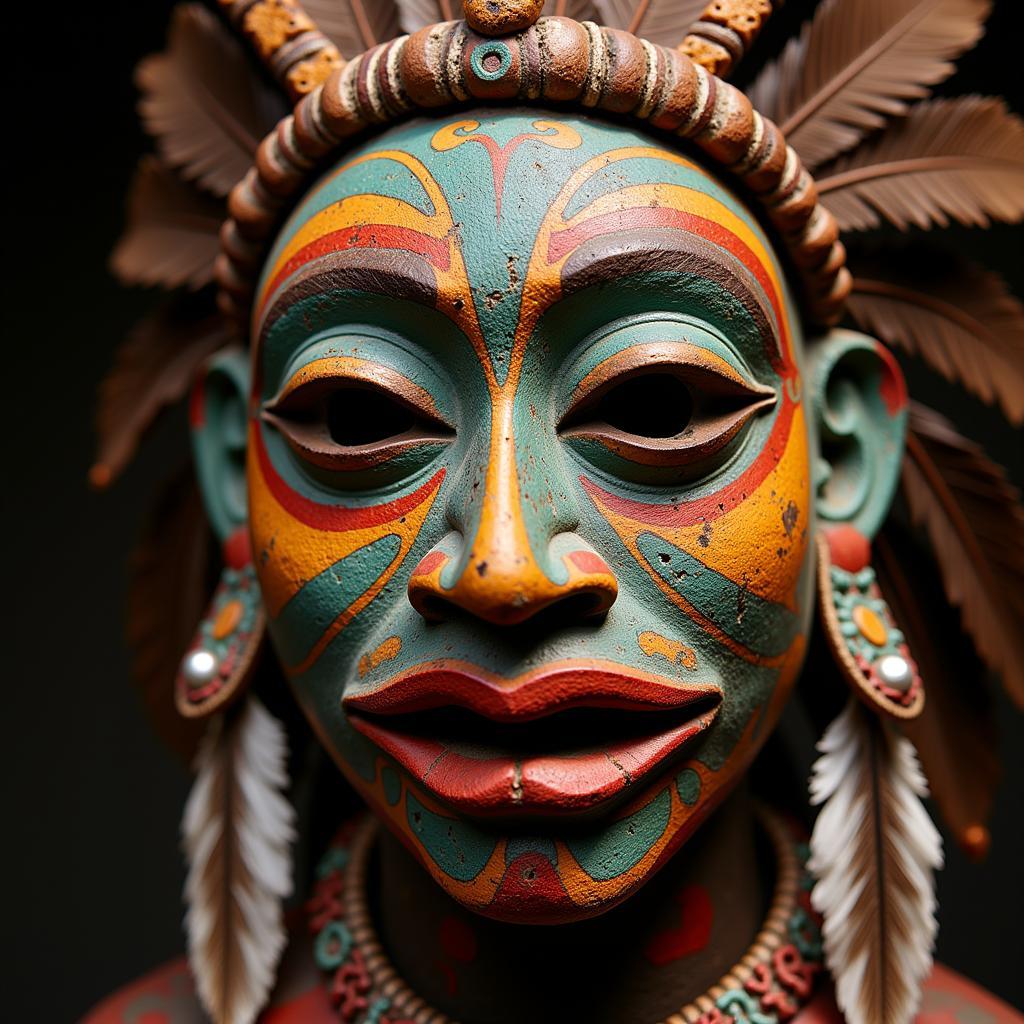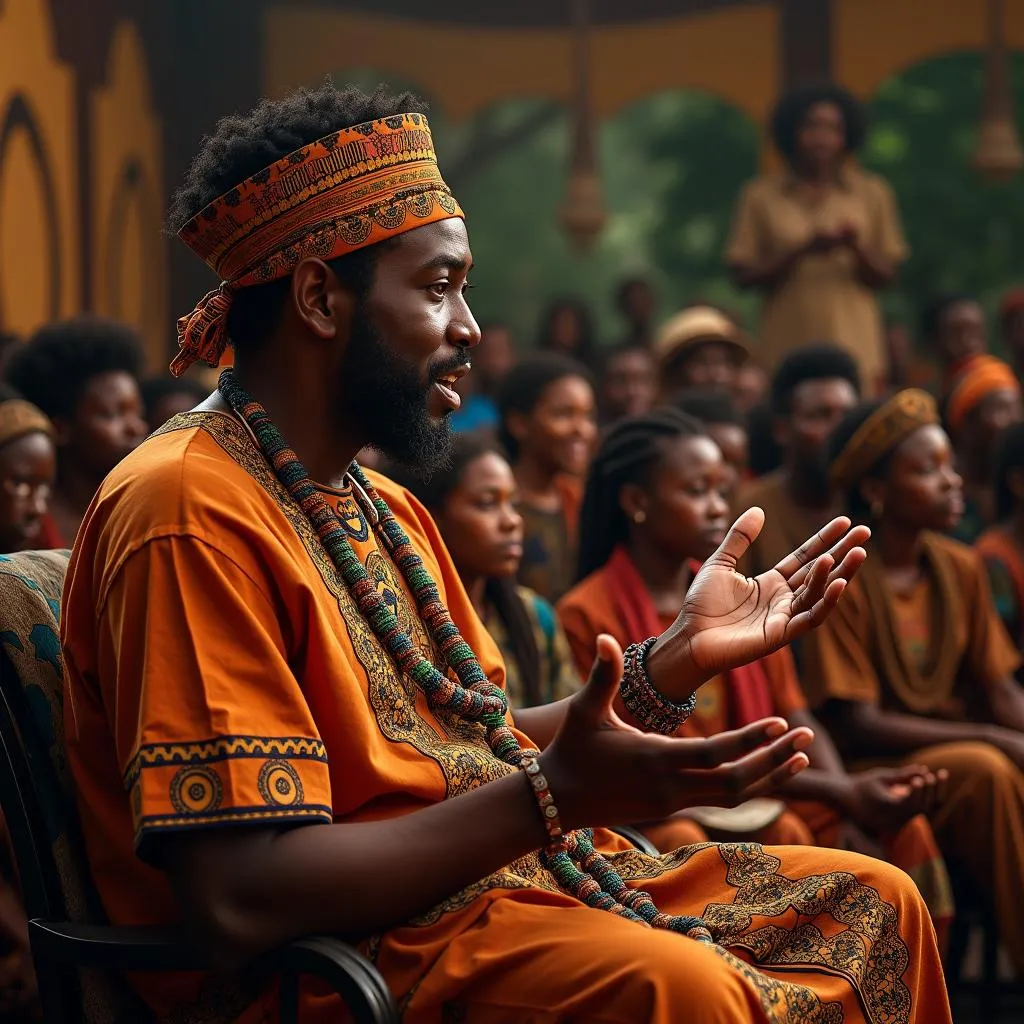Kampala: The Vibrant Capital of Uganda
Kampala, nestled amidst rolling hills and lush greenery, is the bustling capital city of Uganda. This vibrant metropolis is a melting pot of cultures, traditions, and modern life, attracting visitors from around the globe. From its rich history and diverse landscapes to its thriving arts scene and vibrant markets, Kampala offers a unique and unforgettable experience.
A Glimpse into Kampala’s Past
Kampala’s history dates back to the 19th century, when it was a small village inhabited by the Baganda people. The city’s name itself is derived from the Luganda phrase “Akampala,” meaning “the hill of impala,” referring to the abundance of antelopes that once roamed the area.
In the late 19th century, Kampala became a significant center for trade and administration under British colonial rule. The city grew rapidly, with the construction of new infrastructure and buildings, including the iconic Parliament building, a symbol of Ugandan independence.
Exploring Kampala’s Cultural Heart
Kampala is a city that vibrates with cultural life. The city’s numerous museums, art galleries, and cultural centers showcase the country’s rich heritage.
- The Uganda Museum: This treasure trove of history and culture offers insights into Uganda’s past through its diverse collection of artifacts, including traditional costumes, musical instruments, and ancient tools.
- The National Theatre: This iconic venue hosts a range of performances, from traditional dances to modern plays and musicals. It’s a vibrant hub for the performing arts and a true reflection of Ugandan creativity.
- The Kasubi Tombs: A UNESCO World Heritage site, the Kasubi Tombs are the burial grounds of the Buganda Kingdom’s kings. Visitors can marvel at the intricate architecture of the tombs, a testament to the region’s rich cultural heritage.
Embracing Kampala’s Vibrant Markets
No trip to Kampala is complete without exploring its lively markets, where you can find everything from fresh produce and spices to traditional crafts and clothing.
- The Owino Market: Often called the “heart of Kampala,” this sprawling market is a sight to behold. It’s a bustling center for trading and a vibrant hub for local artisans.
- The Nakasero Market: This elegant market offers a more refined shopping experience, showcasing a wide range of high-quality goods, from fresh produce to handmade crafts.
- The Craft Village: This open-air market is a perfect place to find authentic Ugandan souvenirs and handcrafted items, offering a glimpse into the skills and artistry of local artisans.
Immerse Yourself in Nature’s Beauty
Kampala is not only a cultural hub but also a gateway to nature’s wonders. The city is surrounded by lush green hills, offering panoramic views of the city and its surroundings.
- The Botanical Gardens: Located near the city center, the Botanical Gardens offer a serene escape from the urban bustle. Stroll through the gardens, admiring the diverse flora and fauna, and enjoy a moment of tranquility.
- The Mabira Forest: Just a short drive from Kampala, Mabira Forest is a vast expanse of untouched beauty. The forest is home to a variety of primates, birds, and plants, making it a must-visit for nature enthusiasts.
- Lake Victoria: The source of the Nile River, Lake Victoria is a magnificent sight. Take a boat ride on the lake, enjoy a picnic on the shore, or simply marvel at the vast expanse of water.
Kampala: A City of Flavors
Kampala’s culinary scene is a fusion of traditional Ugandan flavors and global influences. From street food to fine dining restaurants, there’s something for every palate.
- Try the local cuisine: Popular dishes include roasted meat, plantains, and matoke (steamed green bananas), often served with a flavorful sauce called “g-nut” or “groundnut.”
- Explore the street food scene: The streets of Kampala are a culinary adventure, offering a wide range of street food options, from “rolex” (eggs rolled in a chapati) to grilled meat skewers.
- Indulge in fine dining: Kampala’s restaurant scene is becoming increasingly sophisticated, offering a range of culinary experiences from international cuisine to innovative fusion dishes.
A City of Opportunities
Kampala is a dynamic city with a thriving economy and numerous opportunities for businesses and entrepreneurs. It’s a hub for trade and commerce, attracting investors from all over the world. The city’s growing middle class is driving demand for a wide range of goods and services, creating a fertile ground for economic growth.
“Kampala is a city that never sleeps, always buzzing with energy,” says Sarah Nabakooza, a local tour guide. “It’s a place where you can experience the beauty of nature, the richness of culture, and the warmth of Ugandan hospitality.”
FAQ
Q: What is the best time to visit Kampala?
A: Kampala is a year-round destination, with warm weather throughout the year. The best time to visit is during the dry season, from June to September and from December to February.
Q: Is it safe to travel to Kampala?
A: As with any large city, it’s important to exercise caution when traveling in Kampala. However, the city is generally safe for tourists, especially if you stick to well-lit and populated areas.
Q: What are some of the popular attractions in Kampala?
A: Some of the popular attractions in Kampala include the Uganda Museum, the National Theatre, the Kasubi Tombs, the Botanical Gardens, and the Owino Market.
Conclusion
Kampala is a city that embraces its past, embraces its present, and looks forward to its future. It’s a dynamic destination that offers a rich tapestry of culture, history, nature, and modern life. Whether you’re a history buff, a nature lover, or a foodie, Kampala is a city that will captivate your senses and leave you wanting more.


